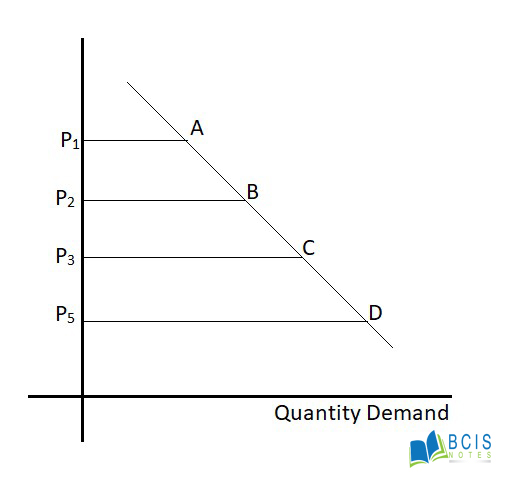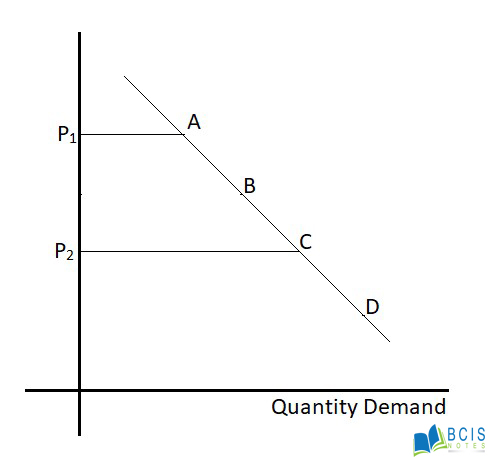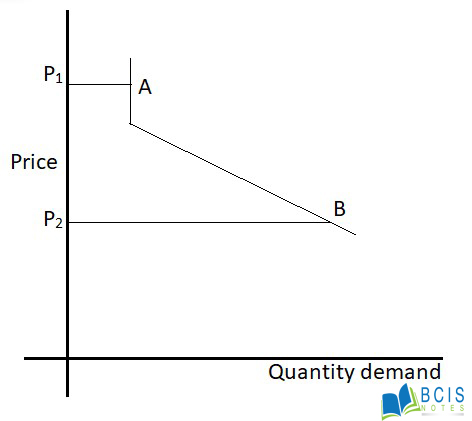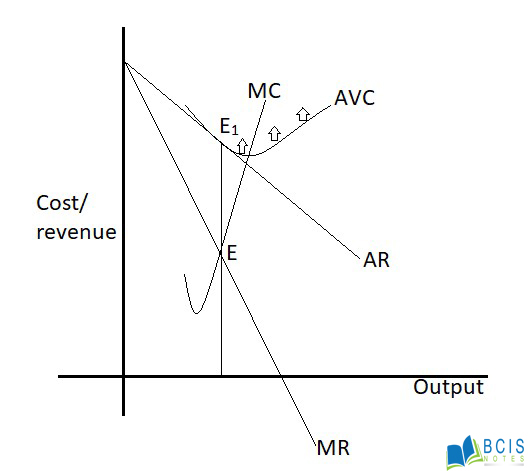
Price Discriminations
Charging different prices to different consumer for the same product is termed as price discriminations. This type of pricing is possible mainly in the monopoly market. There are three types of:-
- The first degree of price discrimination- If there is possible to charge every individual differently then the pricing is first-degree price discrimination. If all of the consumer surpluses is withdrawn by the producer then it is the case of the first-degree price discrimination.

In the diagram P1, P2, P3, P4 are the prices for each individual A, B, C, D respectively.
2) Second-degree price discrimination- If consumers are divided into different groups on the basis of their age, education, gender etc, then it is the case of second degree of price discrimination. In this case, some consumers surplus remains with consumer. It can be shown in the following diagram.

In the diagram P1 for A and B and P2 for C and D consumer.
3) Third-degree price discrimination- On the basis of income elasticities if a consumer is charged by producer then it is the case of third-degree price discrimination. It can be shown by the help of the following diagram:

In the diagram, the P1 price for relatively inelastic demand and P2 price for relatively elastic demand.
shutdown situation- Loss on average variable cost is the situation of the shut-down situation. It can be shown in the following diagram.

If AVC is above than that of point E, it is said to be the shutdown situation.
You may also like Price and output determination-Imperfect Competition

Leave a Reply